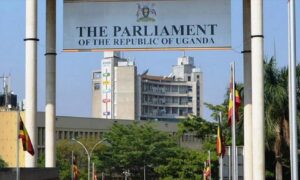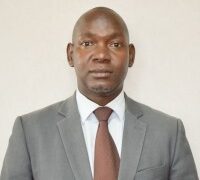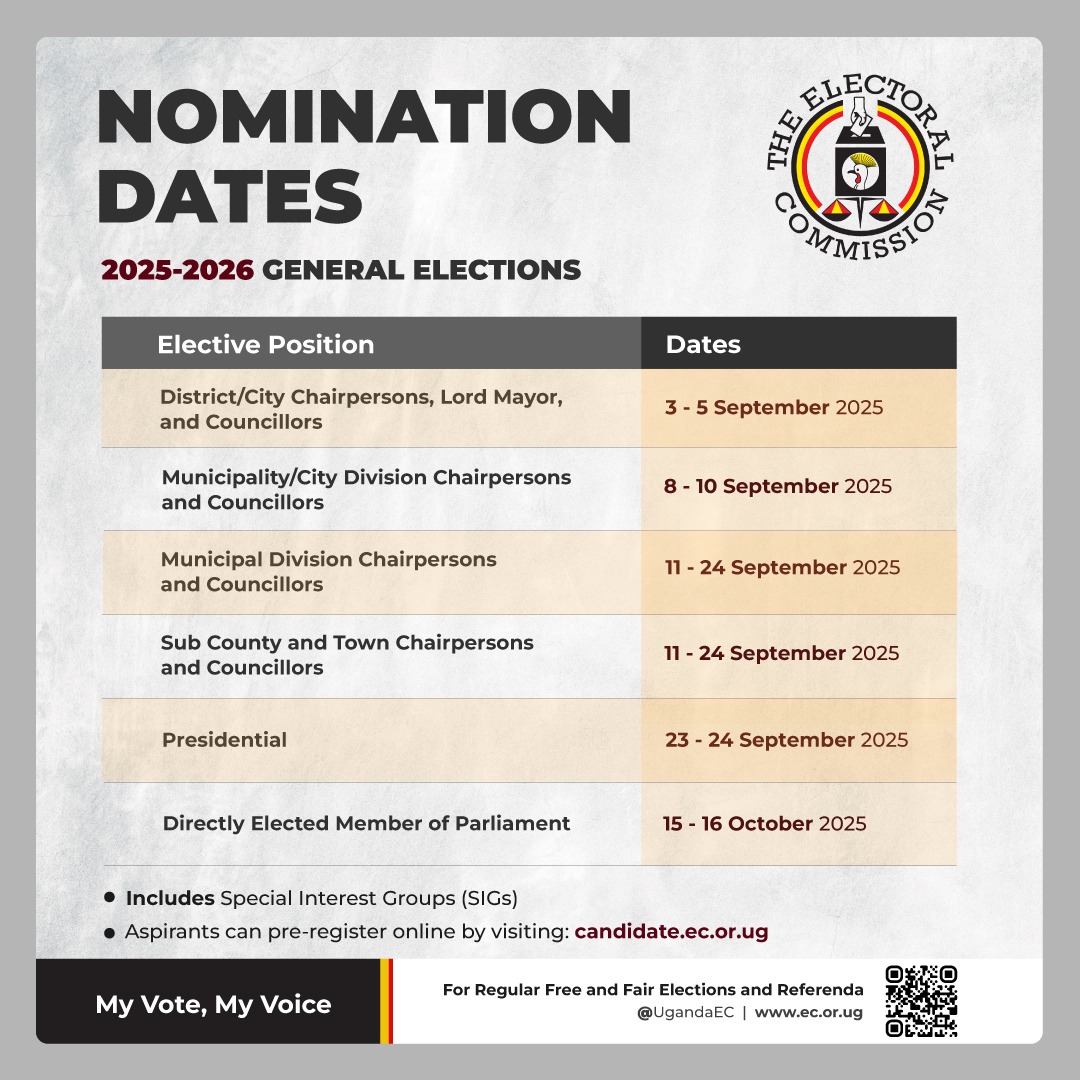KAMPALA; Uganda and the United Arab Emirates reaffirmed their growing economic ties this week, noting that trade and investment between the two nations have reached an estimated $6.3 billion.
The commitment was made during the Fourth Uganda–UAE Business Forum, a three-day event held at Speke Resort Munyonyo that drew more than 300 delegates from both countries. High-level discussions focused on deepening cooperation in energy, infrastructure, agribusiness and finance.
Prime Minister Robinah Nabbanja, in a keynote address, called the UAE Uganda’s largest export destination, with bilateral trade reaching $2.85 billion as of September 2025.
“The value of UAE investment in Uganda’s energy, infrastructure, agribusiness, oil and gas, manufacturing, real estate, and tourism sectors has reached $3.5 billion,” Nabbanja said.
She noted that Uganda ranks seventh among the world’s fastest-growing economies and aims to expand its economy tenfold by 2040, growing from $61.3 billion to $500 billion.
“We invite our partners from the United Arab Emirates to join us on this transformative journey as we move from lower-middle-income to upper-middle-income status,” she added.
State Minister for Investment Evelyn Anite urged UAE investors to consider new opportunities in inland water transport, mineral value addition and affordable credit financing for Ugandan entrepreneurs.
“Our biggest constraint is access to credit,” Anite said, calling for cheap capital from the UAE to help small and medium enterprises scale up production.
Anite also pushed for partnerships to develop modern vessels, port upgrades and waterworks along Lakes Victoria, Kyoga and Albert, as well as refineries to process minerals locally.
“After you’ve paid your dues, you’re free to move or reinvest your profits,” she said. “Uganda’s liberalized economy guarantees freedom and stability for investors.”
Currency stability cited
Patrick Ayota, managing director of the National Social Security Fund, highlighted the resilience of the Uganda shilling, which he said has appreciated against the U.S. dollar over the past five years — a rare trend among African currencies.
“That strength reflects confidence in Uganda’s fundamentals and an open, liberalized financial system,” Ayota said, noting that NSSF is working with UAE institutions to co-invest in agriculture and food-security ventures.
Zaake Wanume Kibedi, Uganda’s ambassador to the UAE, said the relationship has evolved into a multi-sector partnership built on trade, infrastructure and innovation.
He noted that bilateral trade has expanded from just over $300 million in 2018 to $2.85 billion today.
“This growth is not by coincidence — it reflects deliberate policy coordination, consistent investor confidence, and the trust our Emirati partners have in Uganda’s economic stability,” Kibedi said.
He added that the partnership is transitioning from traditional trade to strategic co-investment in infrastructure, renewable energy and agro-industrialization.
Peter Muramira, director at the Uganda Investment Authority, said the country is moving toward an energy-secure economy through a $70 billion investment portfolio spanning electricity, oil and gas, and industrial infrastructure. He cited projects like the $30 billion Buyende Nuclear Power Plant and a $5 billion petrochemical industrial park.
Muramira said the government seeks investors who bring capital, technology and expertise, adding that Uganda’s clear incentive framework and stable policy environment make it “not just open for business — but ready for transformation.”
The forum, organized by Uganda’s missions in Abu Dhabi and Dubai in partnership with the Ministry of Foreign Affairs and the UAE Embassy in Kampala, continues Wednesday, Oct. 29, 2025. It will feature sectoral panels, business-to-business meetings and field visits.












